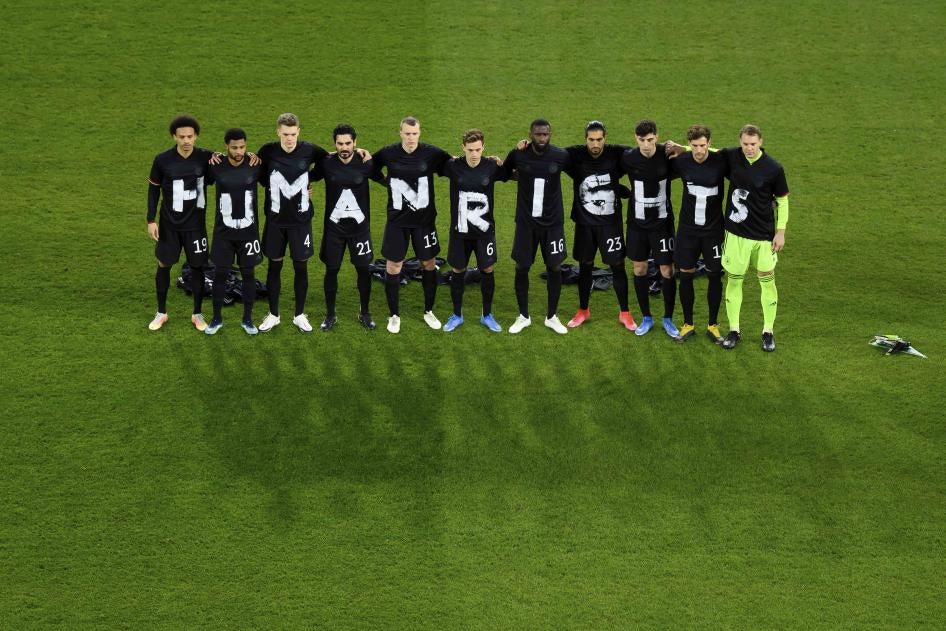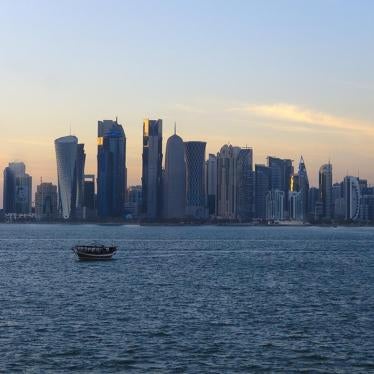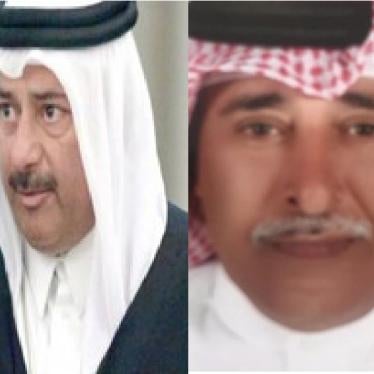National football associations preparing for the upcoming FIFA World Cup in Qatar are finding a difficult balance between promoting their teams’ laudable human rights concerns and speaking realistically about the abusive reality for many migrant workers building the games. Recent remarks by Mark Bullingham, Chief Executive of the English Football Association, highlight the disconnect. “I think the one thing I would say though is all of the migrant workers who we’ve met and the NGOs we’ve met on the round have been really clear that actually they want the world cup to go ahead in Qatar,” he said.
While Bullingham also accurately noted there are “still significant gaps in terms of human rights legislation implementation,” the public relations-influenced story Qatar is trying to promote doesn’t match the much less positive reality.
Just this month, Human Rights Watch reported how workers at the Bin Omran Trading and Contracting (BOTC) company, which has conducted work at Al Bayt Stadium, where the opening match will be held, had been unpaid for over five months despite multiple complaints to Qatari authorities. Sadly, BOTC is among a number of Qatari companies violating labor laws with impunity. It’s clear these workers, especially those on strike over their mistreatment, aren’t the ones football associations are connecting with during their visits.
And Qatar’s explicit restrictions on rights to free expression and association make it hard for migrant workers to speak out at all. Human Rights Watch has documented the cases of Malcolm Bidali and Abdullah Ibhais, who have faced retaliation for speaking critically on migrant worker treatment. Amnesty International has also shown that joint committees are a poor substitute for independent worker-led trade unions.
Football associations should expand their outreach with migrant workers and civil society, especially those in countries of origin like Nepal, who can speak more freely on the abusive reality in Qatar. They should also speak with families of the thousands of workers who have died in Qatar due to “unexplained” causes and did not receive any compensation or other reparations.
Football associations have a great opportunity to use their leverage to call on FIFA and Qatar to meet their human rights obligations, including reparations for the loss of migrant workers’ lives and livelihoods. If not, the upcoming World Cup won’t be much of a celebration for those making it possible.










